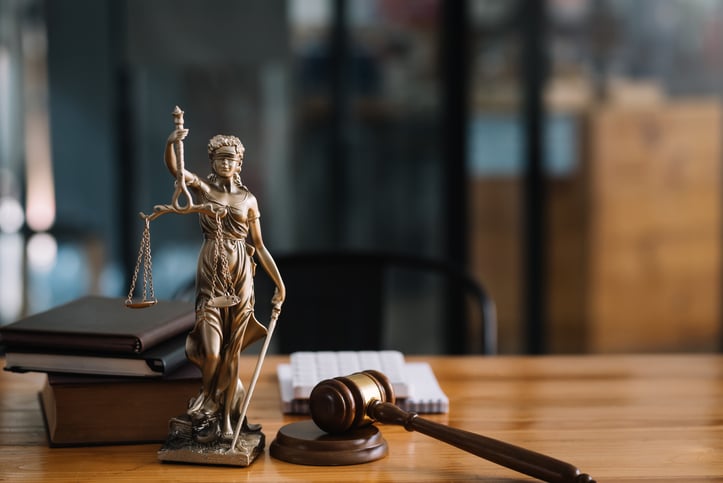In recent weeks, a number of U.S. Attorneys’ Offices across the country have rolled out “Whistleblower Pilot Programs” offering the potential of non-prosecution agreements in exchange for voluntary self-disclosure of criminal conduct by participants in non-violent offenses.
These programs, separate from the Department of Justice’s new Corporate Whistleblower Award Pilot Program, aim to incentivize individuals who have participated in corporate misconduct to come forward and blow the whistle. U.S. Attorneys’ Offices will enter a non-prosecution agreement (NPA) with individuals who voluntarily enter the program, agree to fully cooperate with an investigation into the wrongdoing they are alleging and meet a number of strict criteria.
“This pilot program will allow more persons, with information vital to criminal activity, to participate in the criminal justice system from the correct side of the law,” said U.S. Attorney Matthew M. Graves when the USAO for the District of Columbia announced its program. “Cooperating witnesses are an important tool in our fight to identify crime undertaken by or through public or private companies, or criminal conduct involving local bribery, which may otherwise go undetected.”
According to leading whistleblower attorney David Colapinto of Kohn, Kohn & Colapinto, these programs “can sow confusion among would-be-whistleblowers as well as attorneys and pose significant risks to corporate informants as these Pilot Programs differ greatly from other well-known corporate whistleblower programs, such as the Securities and Exchange Commission (SEC) Whistleblower Program.”
In a new article, Colapinto analyzes the program and outlines their potential risks.
“Overall, whistleblowers should be cautious about these USAO whistleblower programs, Colapinto writes. “They should always look to file with other well-established whistleblower award programs that offer monetary awards and anonymity first and they should consult with an experienced whistleblower attorney before moving forward and contacting a USAO.”
